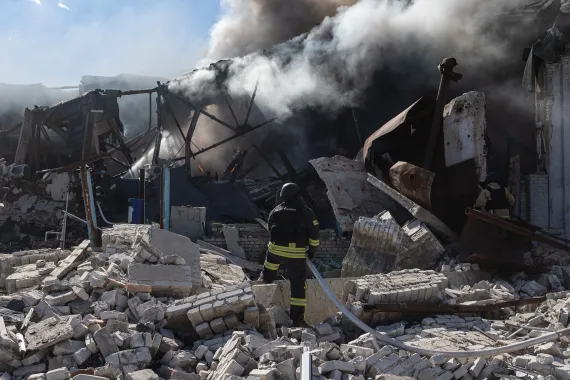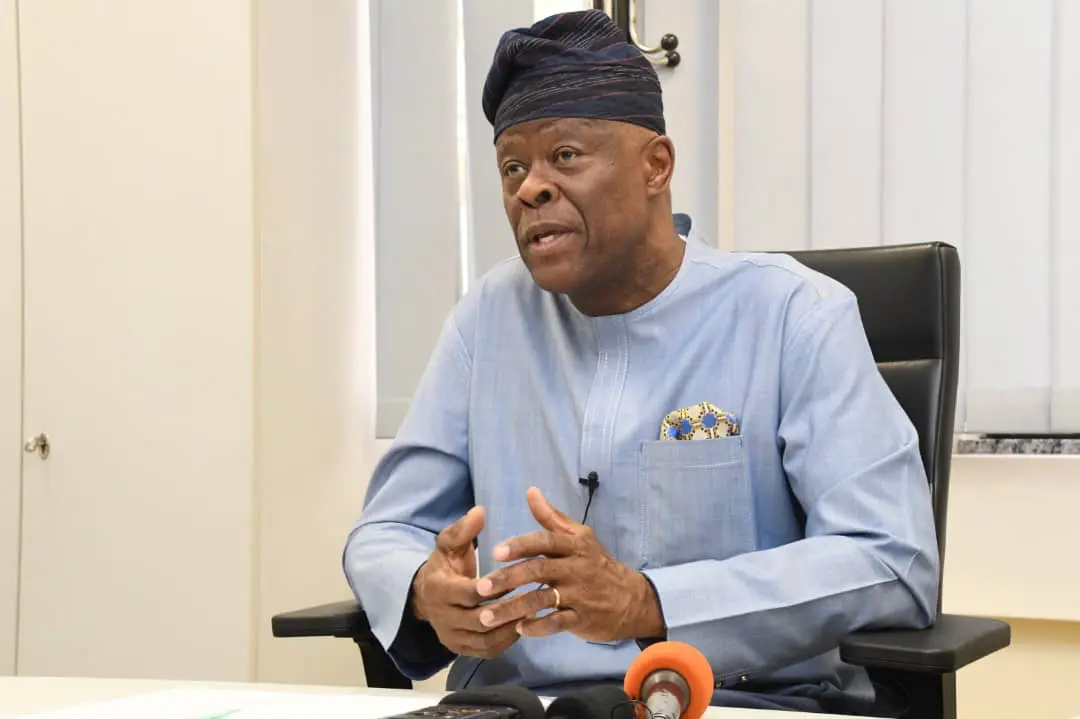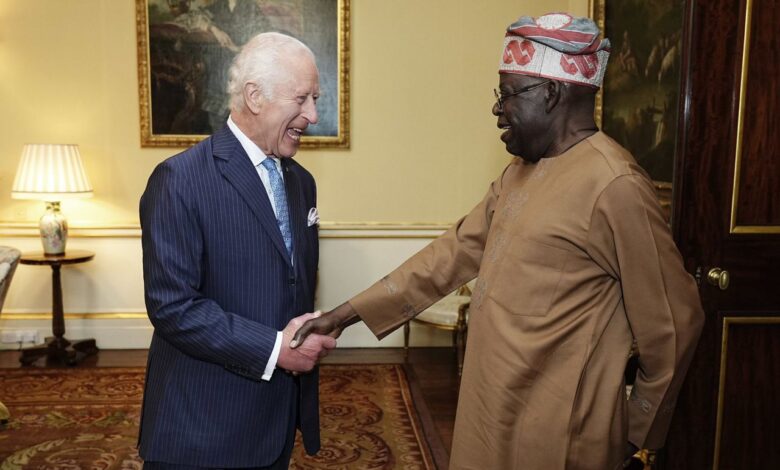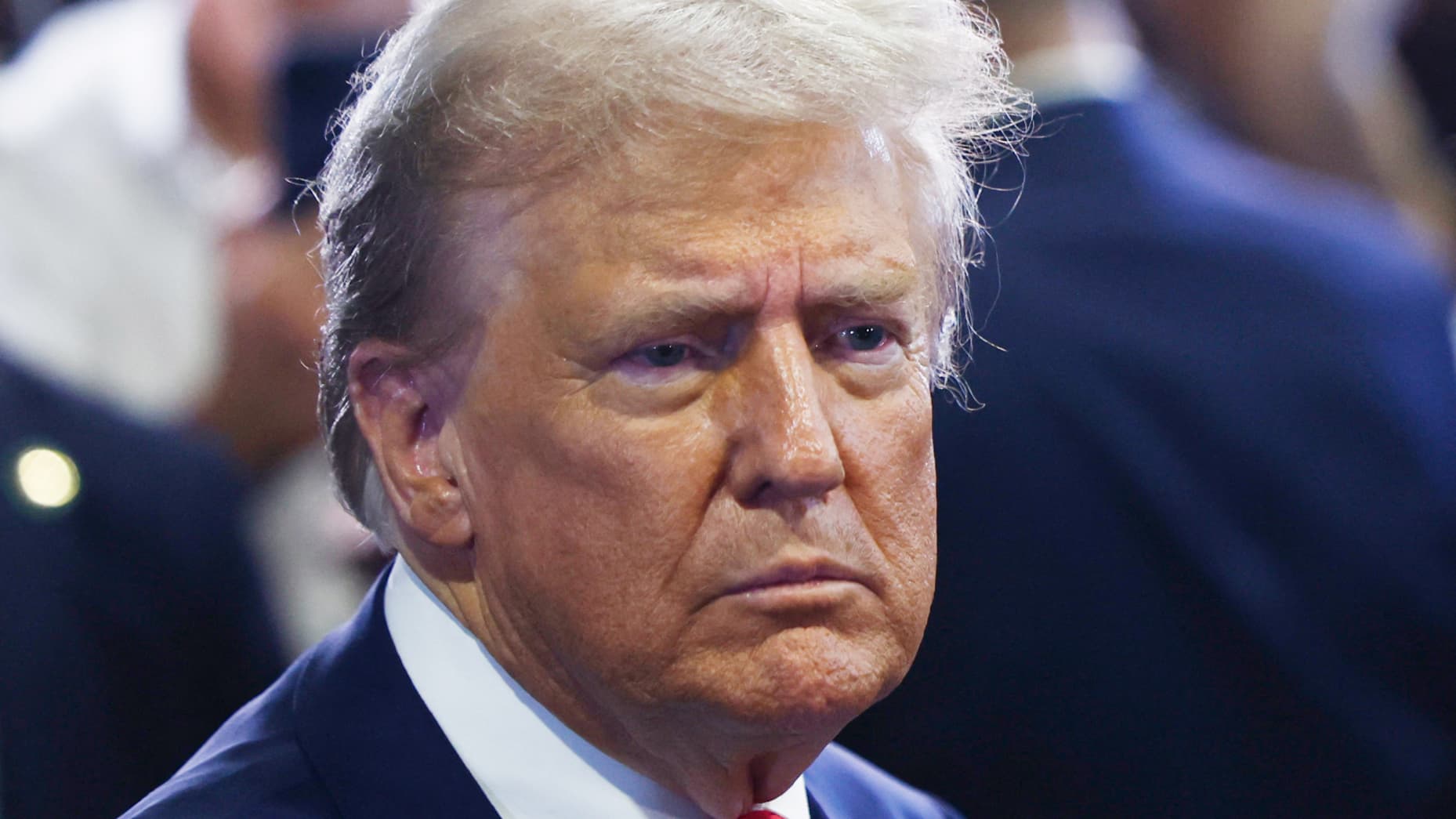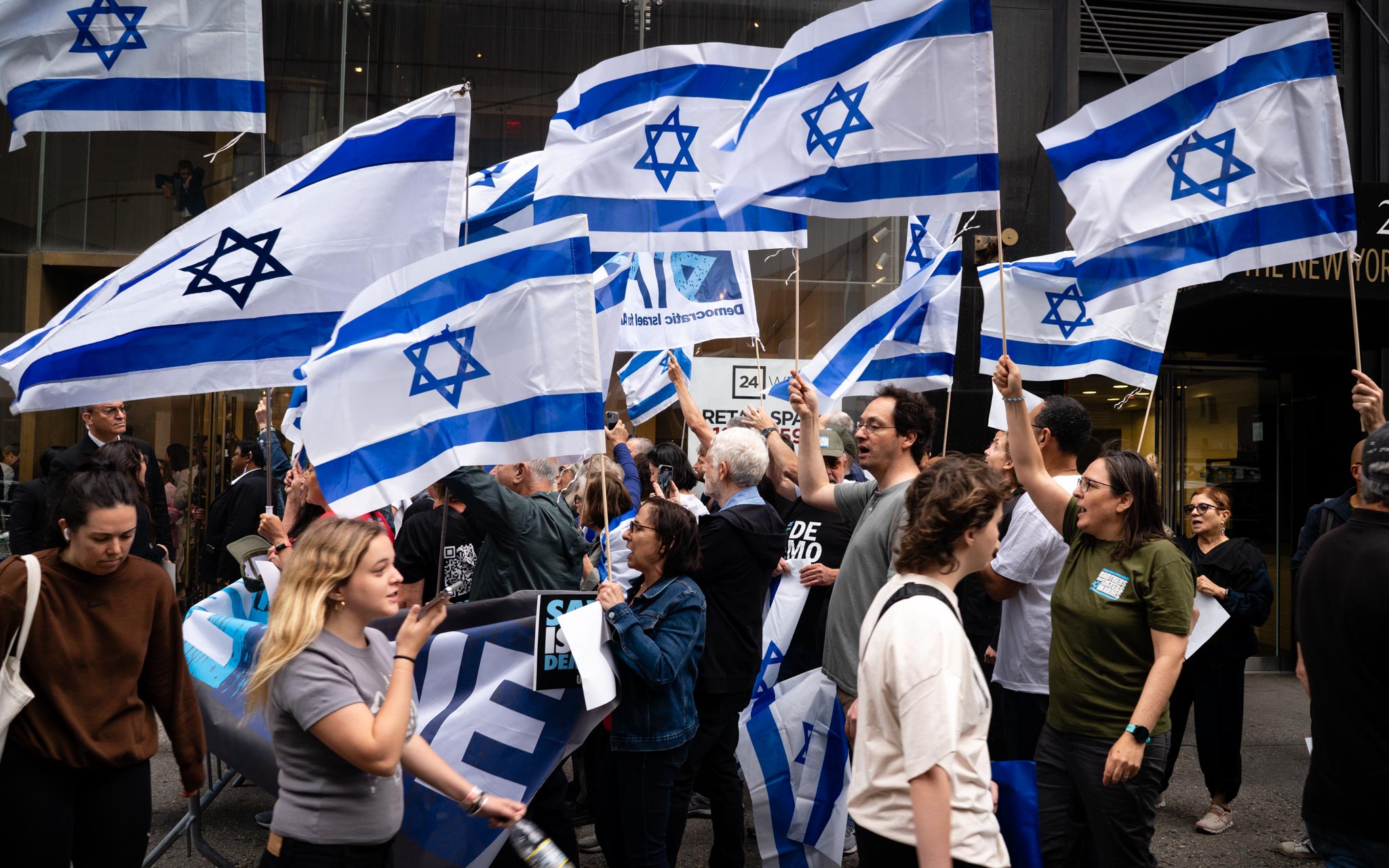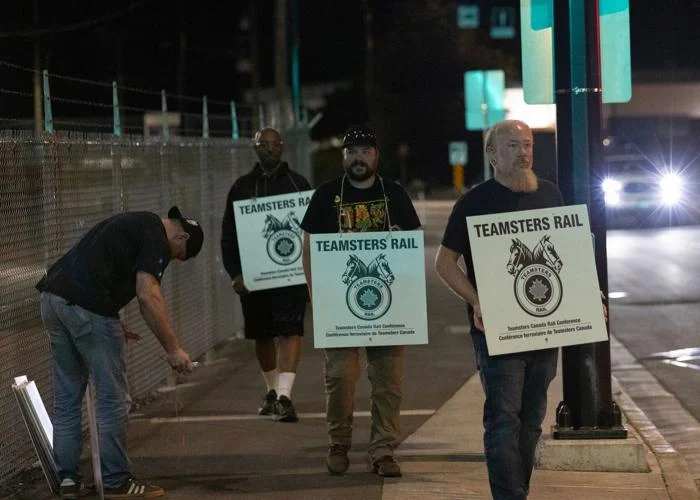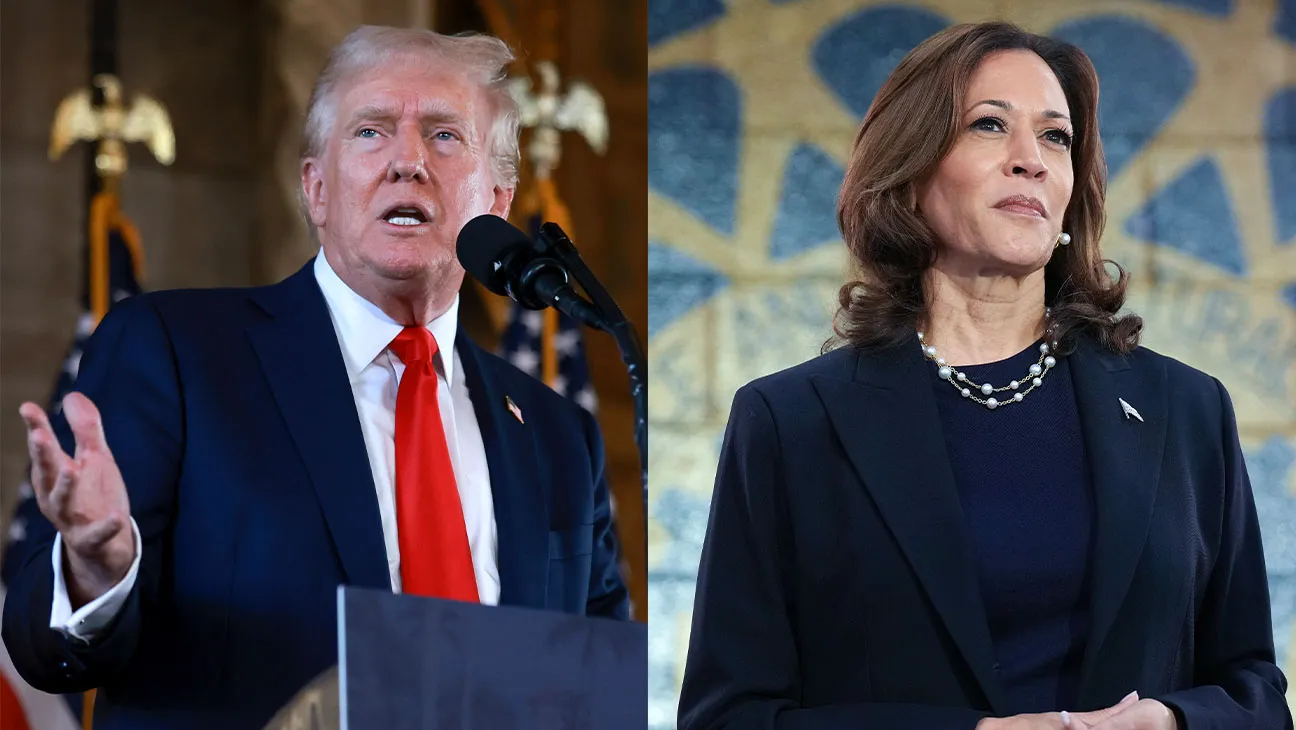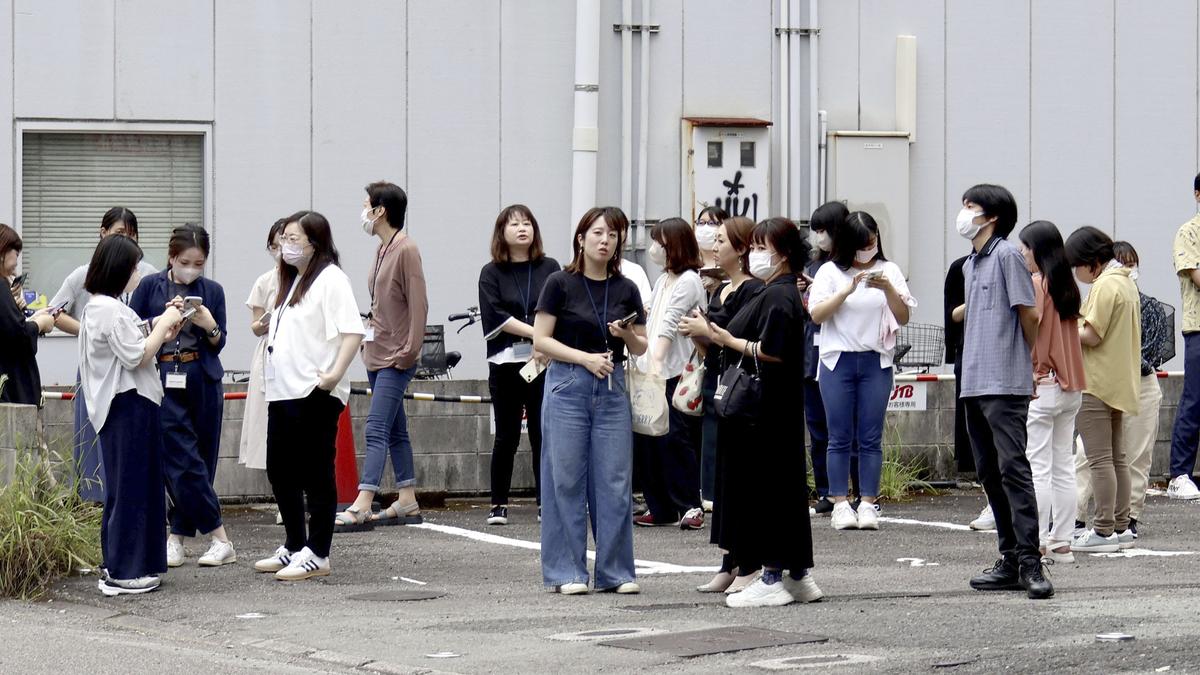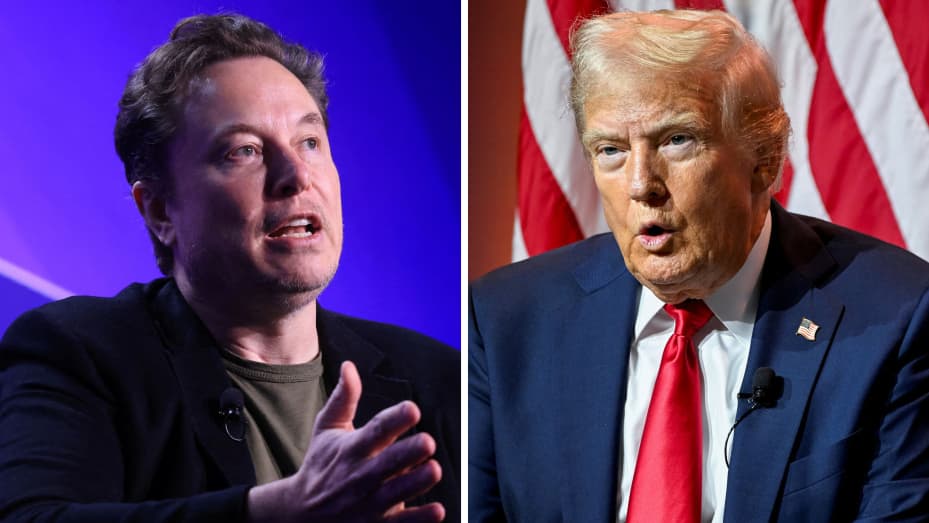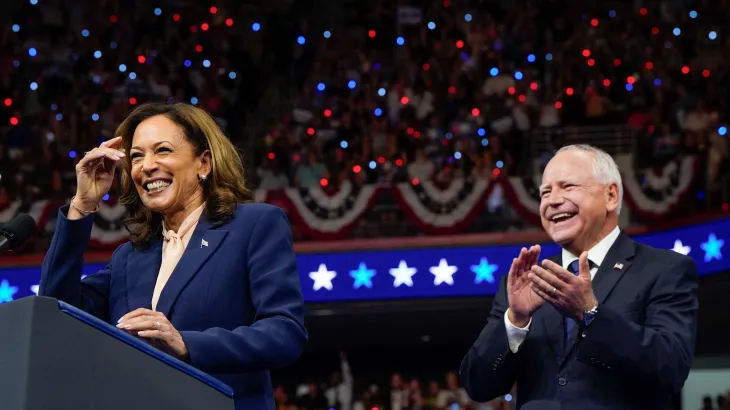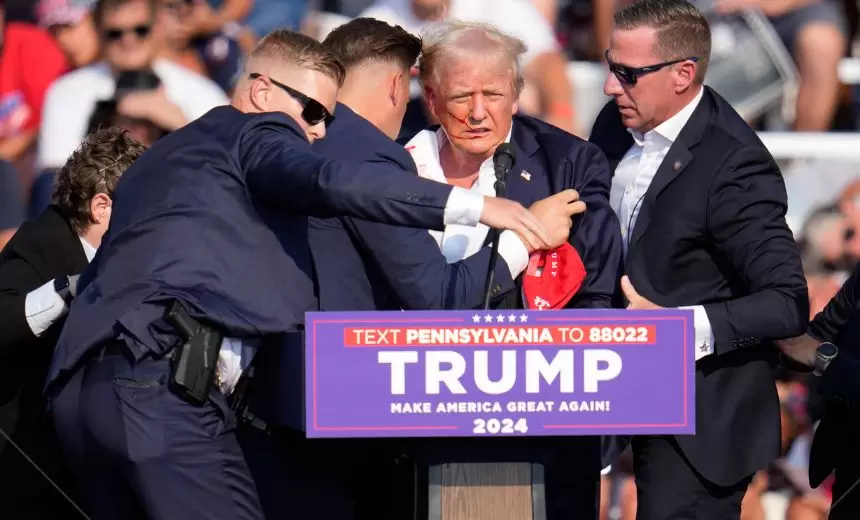In July, President Volodymyr Zelensky of Ukraine hinted at an interest in peace talks to end the war with Russia. Publicly, he spoke of his hopes to conclude the “hot stage” of the conflict by the end of the year, and Ukraine made diplomatic overtures, including a surprise trip to China by Ukraine’s foreign minister. Zelensky also planned international meetings, like one scheduled for Qatar in August, aimed at building support for Ukraine’s position and possibly creating a path toward a settlement.
However, on August 6, Ukraine launched a daring military operation, sending forces into Russia’s Kursk region, surprising many and embarrassing President Vladimir Putin. The move contrasted sharply with Zelensky’s earlier diplomatic signals, adding an unexpected twist to the ongoing conflict. The Ukrainian government views this incursion as a way to increase leverage in future negotiations, believing that pressuring Russia militarily could lead to a more favorable peace deal. Kyiv’s leadership hopes that by bringing the war directly to Russian territory, they can raise the cost of the conflict for Putin and force him to reconsider his aggressive stance.
However, this military escalation has had immediate diplomatic consequences. Russian officials, citing the Kursk incursion, postponed a meeting in Qatar that was meant to address attacks on each country’s energy infrastructure. In response to the incursion, Russian officials, including Putin’s foreign policy adviser, Yuri Ushakov, indicated that peace talks were off the table for now. Ushakov hinted that the length of the pause in negotiations would depend on developments on the battlefield.
From Moscow’s perspective, Putin remains focused on victory, not peace. Analysts suggest that Putin is unlikely to be swayed by Ukraine’s new strategy of combining military pressure with diplomacy. Instead, there is a growing belief that Putin will retaliate forcefully, especially since his military maintains significant advantages in terms of personnel and weaponry.
Ukraine’s counteroffensive has shaken hopes of a ceasefire in the near term. Grigory A. Yavlinsky, a prominent Russian politician, expressed concern that the incursion had diminished any remaining prospects for peace talks. He noted that there had been some optimism in Moscow earlier in the year that the fighting might stop, but recent events have “lowered all these chances.”
While Ukraine’s approach of blending diplomacy with military action is designed to force Russia to the negotiating table, it remains unclear whether it will succeed in the long run. Russia continues to dominate much of the battlefield, and Putin, who has weathered political and economic challenges at home, appears determined to continue the war. Russian insiders expect him to double down on his efforts, even if it means increasing the costs for his own country.
For Zelensky, the strategy seems to rest on the belief that making Russia “pay” in war will ultimately lead to negotiations. Some Ukrainian officials argue that inflicting more pain on Russia is the only way to force Putin into a compromise. However, Putin’s history of responding aggressively to such challenges suggests that peace might remain elusive for the foreseeable future.

